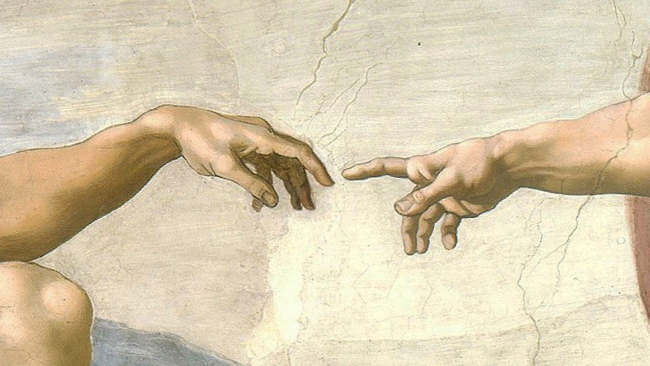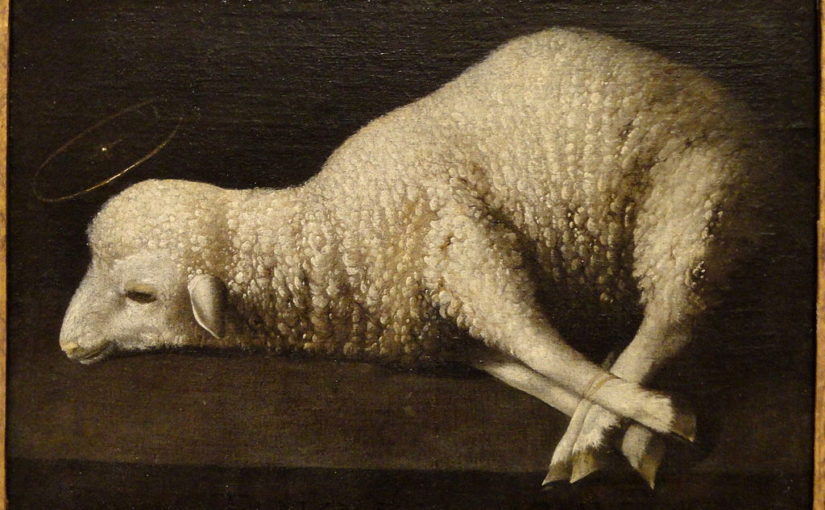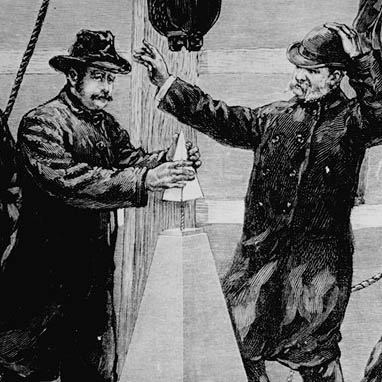But we preach Christ crucified, to the Jews a stumbling block and to the Greeks foolishness,
but to those who are called, both Jews and Greeks, Christ the power of God and
the wisdom of God. Because the foolishness of God is wiser than men,
and the weakness of God is stronger than men.
1 Corinthians 1:23-25
A really wise chess master will sometimes make a move that seems stupid to his opponent because it results in the loss of a bishop or knight. Then, a few moves later, the chess master executes “checkmate,” thanks to the board position he gained from the sacrifice. That’s what is happening in these verses.
It doesn’t make sense that the sinless Son of God should be sacrificed on a Roman cross. It seemed that Satan and the God-haters of the world had won, and all were pleased and proud of how it played out. Christ is still rejected by the majority of the Jewish people to this day, and some intellectuals still laugh at the ludicrousness of the gospel.
The bottom line is that the celestial chess game was never between God and mankind; it was between God and the devil. When Satan and his angels rebelled against God, Satan seduced the human race to join his cause. Planet Earth became the last piece of turf Lucifer had in the whole universe. If God had just destroyed everything, the Creator would have, in fact, lost the game. God’s plans would have been thwarted, and the creation He made in His image would have been cut off from fellowship forever.
Human history is full of wars, plagues, and natural disasters. Chaos seems to dominate, and the devil seems to be the undisputed god of this world. Everything, however, changes in the end-game. Christ came to destroy the works of the devil (1 John 3:8). He not only restores mankind to the relationship they had before the fall, but He also brings them into the family of God. Very smart move, and Satan never saw it coming, because he was matched up against Jesus Christ, the Wisdom of God.
August 12









